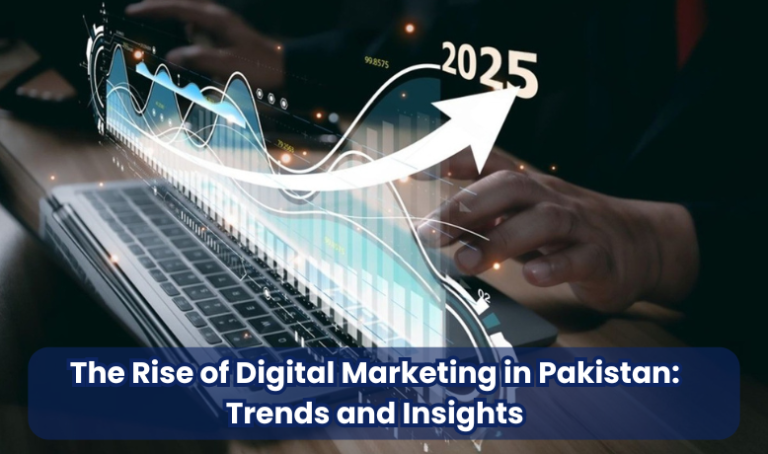The marketing landscape in Pakistan has undergone a dramatic transformation over the past decade. Once dominated by billboards, newspaper advertisements, and television commercials, the country is now witnessing a significant shift toward digital platforms. From bustling cities like Lahore and Karachi to remote towns, businesses are embracing digital marketing as their primary growth engine, leveraging the internet to connect, convert, and compete.
As of early 2025, Pakistan boasts over 192 million mobile connections, with 124 million internet users and a rapidly growing base of social media users, which has surpassed 80 million. Smartphone penetration has reached an all-time high, and affordable data packages have made it easier than ever for people to browse, shop, and engage online.
What makes 2025 a landmark year for digital marketing in Pakistan is not just the numbers—it’s the mindset. Businesses are no longer asking “Should we go digital?” but rather “How fast can we scale digitally?” With platforms like Facebook, Google, TikTok, and YouTube becoming essential business tools, the digital revolution is reshaping every industry, from fashion and food to education and real estate.
Table of Contents
ToggleA Look Back: Digital Marketing Evolution (2010–2025)
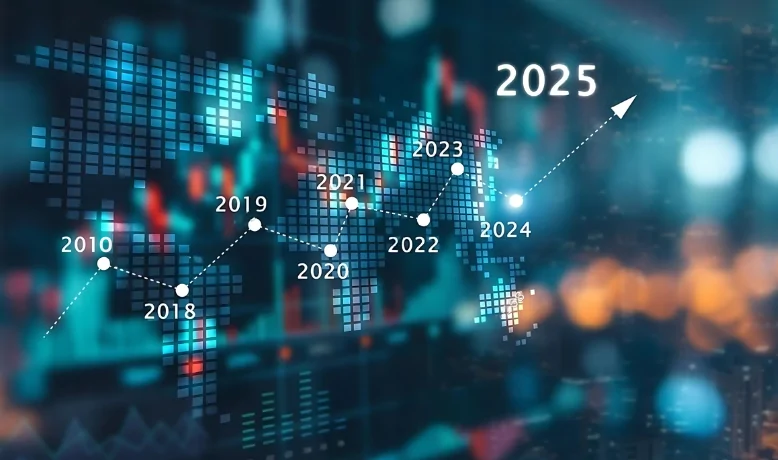
The story of digital marketing in Pakistan began humbly in the early 2010s. Back then, internet penetration was limited, and social media was more of a curiosity than a commercial tool. Facebook and Twitter were primarily used for personal connections, while businesses still relied on traditional advertising methods, such as cable TV, radio, and newspaper classifieds.
But by 2014–2016, as 3G and 4G services rolled out nationwide, the digital tides began to shift. The younger population quickly adapted to smartphones and social media apps, and this shift opened new doors for businesses to meet consumers where they spent most of their time—online.
Around the same time, freelancing platforms and digital skills training programs experienced significant growth. Organisations like DigiSkills, PITB, and Enablers empowered thousands of young Pakistanis to learn SEO, social media marketing, and content writing. As a result, a new wave of local digital marketing agencies emerged, offering a range of services from Facebook ad creation to influencer collaborations for small to medium-sized enterprises (SMEs).
The real game-changer, however, was the e-commerce boom with platforms like Daraz. As platforms like OLX, Foodpanda, and PK gained popularity, businesses realised the importance of digital storefronts. Government support also played a vital role; the Ministry of IT, through Ignite and PSEB, launched initiatives to promote digital transformation and entrepreneurship. Payment gateways, fintech apps, and logistics tech helped complete the ecosystem.
By 2025, what started as experimental Facebook pages and home-based freelancers will have matured into a robust digital marketing industry, contributing significantly to the economy and enabling brands across Pakistan to scale both locally and globally.
Key Trends Defining the Market Today

As digital marketing in Pakistan enters a new phase of maturity, several distinct trends are shaping how businesses reach, engage, and convert their audiences. These trends are not just global echoes—they’re tailored to local behaviour, platforms, and cultural nuances that make Pakistan’s digital scene unique and fast-evolving.
Influencer Marketing: The TikTok and Instagram Wave
Influencers are now central to how Pakistani consumers discover products. With platforms like TikTok and Instagram Reels dominating screen time, micro- and macro-influencers are being tapped by brands for product endorsements, giveaways, and viral challenges. This personal and authentic form of marketing is especially effective in the beauty, fashion, food, and tech niches.
SEO and Content Marketing: Going Local with Language
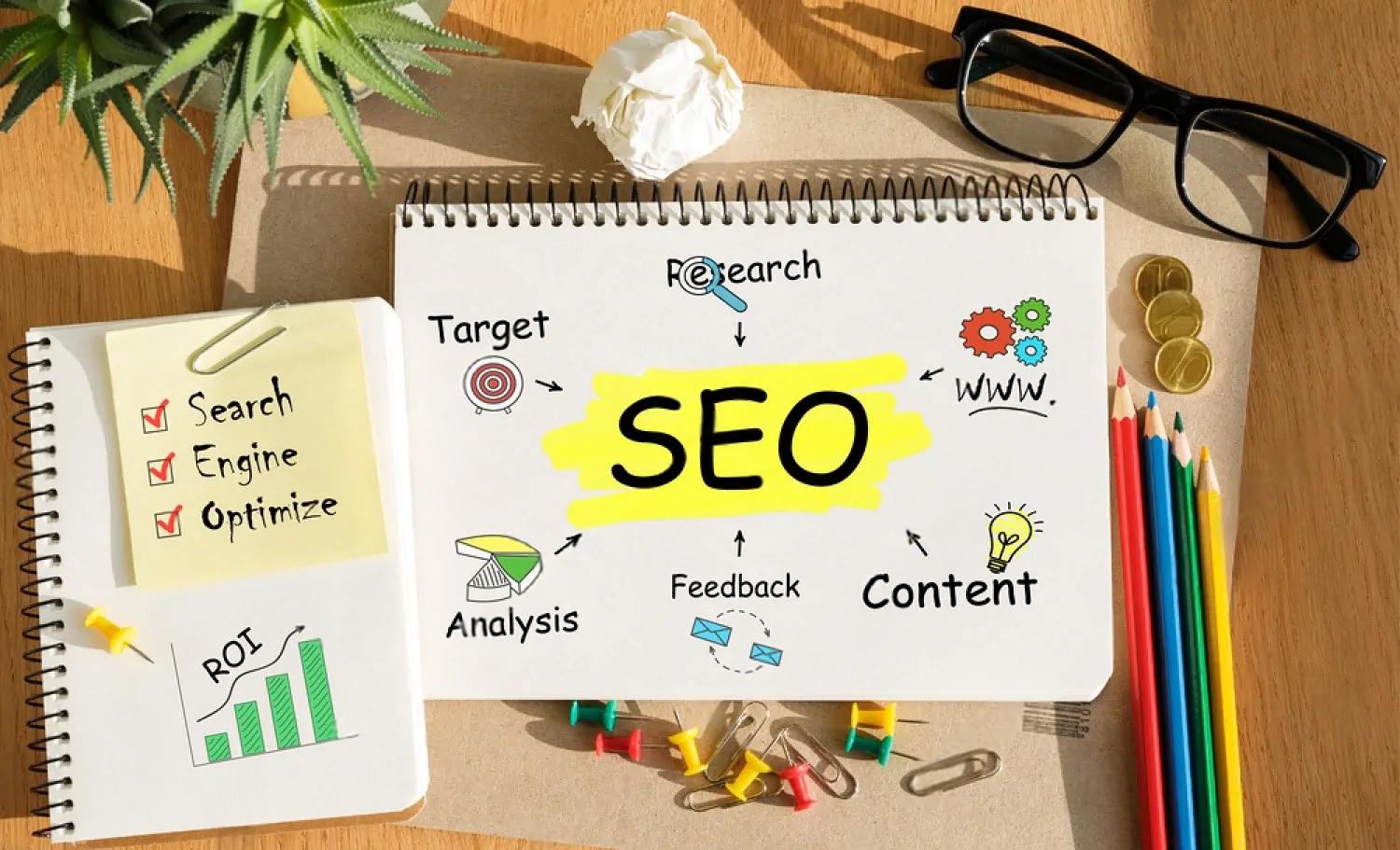
As more users search in Urdu, Roman Urdu, and regional languages, businesses are investing in localised SEO and culturally relevant content. Blog posts, how-to guides, and explainer videos are tailored for local audiences using vernacular keywords, making it easier for customers to find what they’re looking for.
Performance Marketing: Measurable, Data-Driven Campaigns
With rising competition, Pakistani brands are prioritising performance-based advertising, where every rupee spent is expected to bring results. Tools like Google Ads, Meta Ads, and conversion tracking pixels help businesses monitor ROI, track user behaviour, and refine ad targeting in real time.
AI and Automation: Smarter Marketing Workflow

Artificial intelligence is powering everything from chatbots for customer support to automated email funnels and predictive audience segmentation. Tools like Mailchimp, ManyChat, and even locally developed CRM platforms are helping brands scale without scaling their teams.
Short-Form Video: The Reels and Shorts Phenomenon
Whether it’s a 15-second product demo or a funny skit, short-form video content is dominating engagement. Instagram Reels, TikTok, and YouTube Shorts are no longer optional—they are vital components of a content strategy. Brands that adapt quickly to these formats are seeing exponential growth in reach and conversions.
Platforms Powering the Movement
Digital marketing in Pakistan is driven not only by trends but by the powerful platforms that enable those trends to thrive. Each platform plays a unique role in connecting businesses with audiences, and savvy marketers are leveraging these channels to target, engage, and convert more effectively than ever before.
Facebook and Instagram: Marketing for the Masses
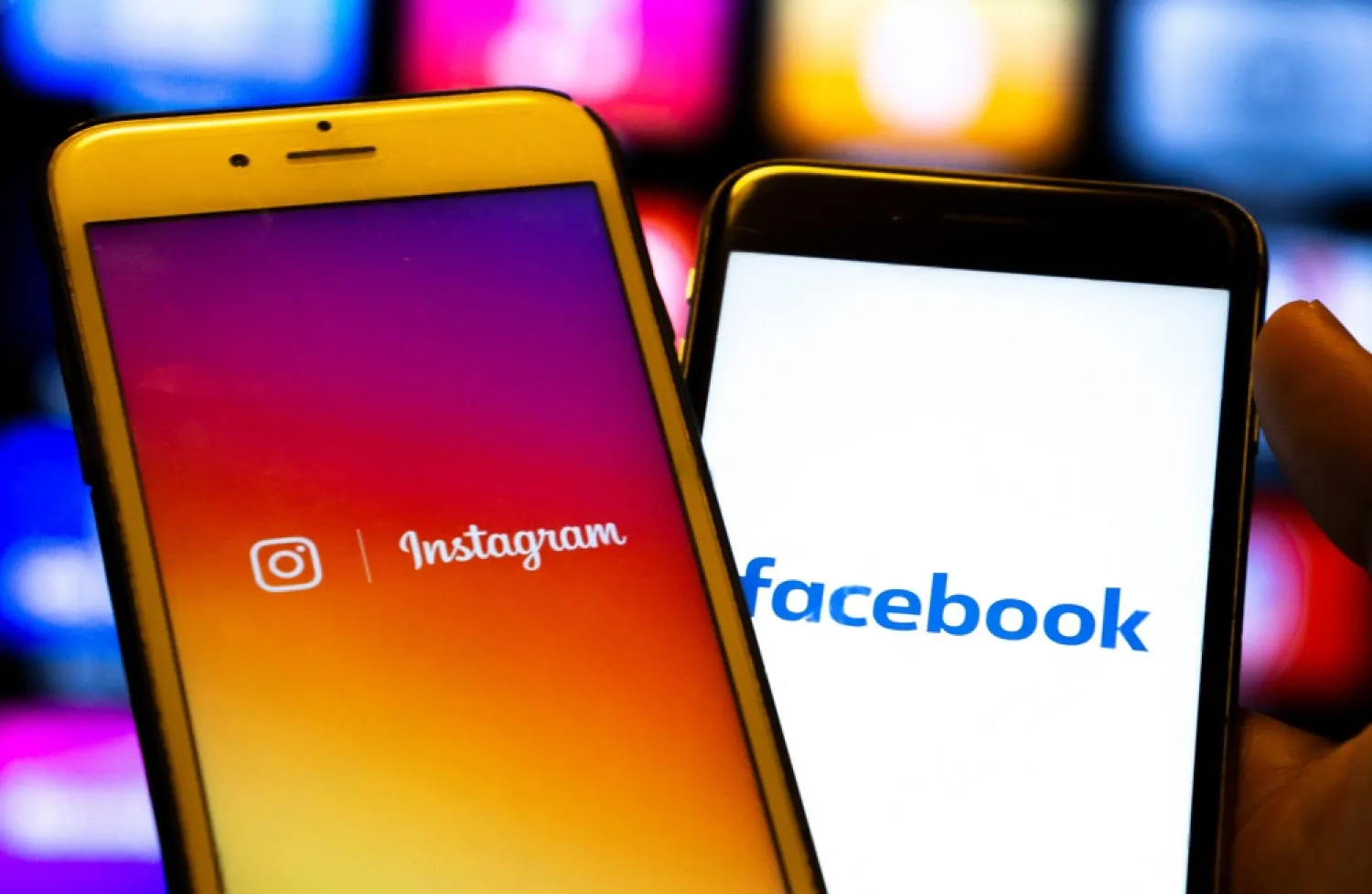
Still, the most widely used social media platforms in Pakistan, Facebook and Instagram, are ideal for businesses of all sizes. Whether it’s organic content, paid ads, or engaging Stories, these platforms provide a vast canvas to showcase products, run promotions, and build brand communities. Their powerful ad targeting tools also allow segmentation by location, interest, and behaviour, making them perfect for hyper-local campaigns.
YouTube: Content-Based Brand Building
Pakistan ranks among the top countries in terms of YouTube watch time, making it a goldmine for content-driven marketing. Brands are using YouTube for explainer videos, vlogs, testimonials, and ads—especially in Urdu—to establish authority and trust. Long-form video content, combined with smart SEO, can generate lasting traffic and awareness.
Google: SEO and PPC Dominance
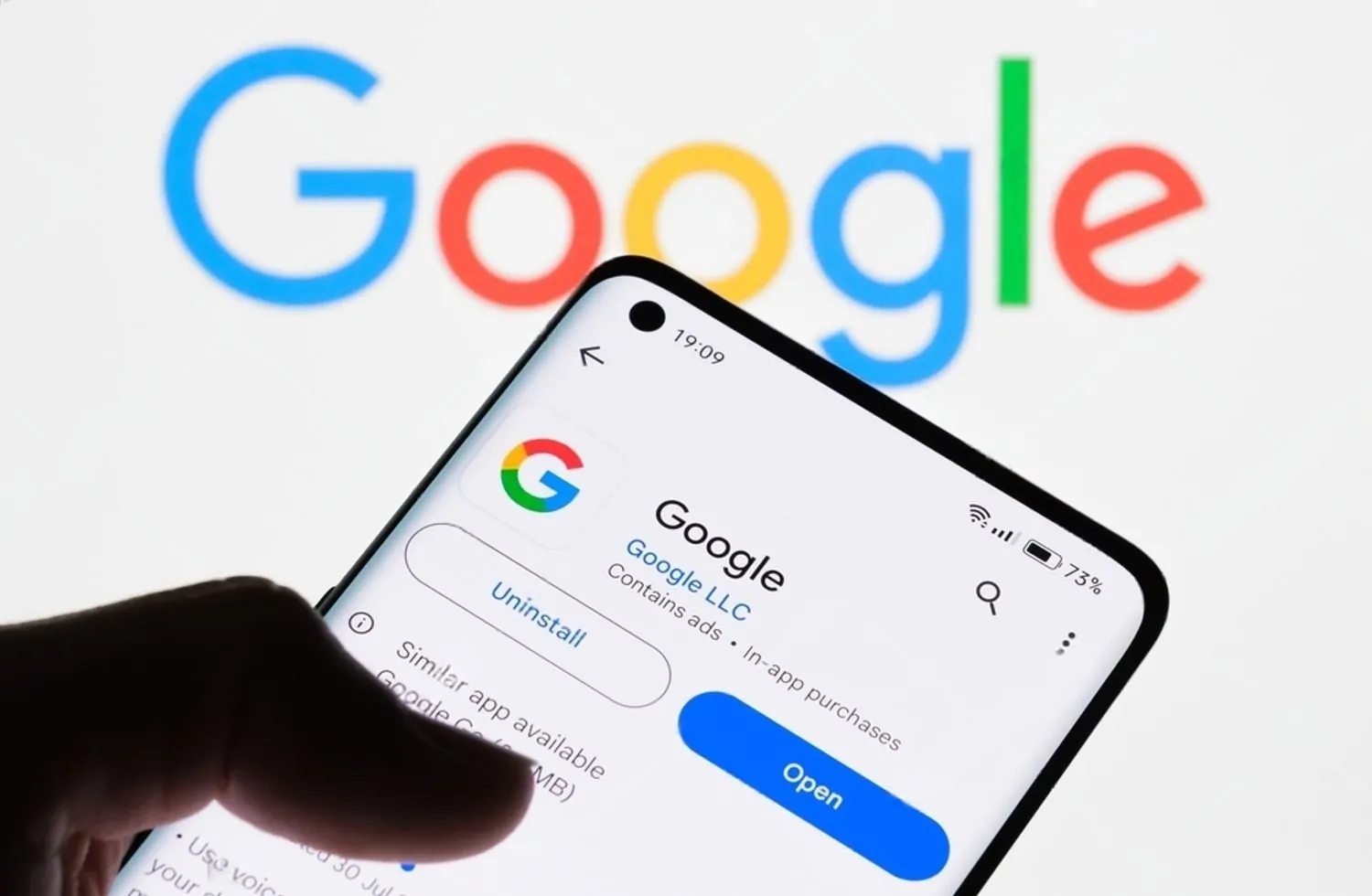
When it comes to high-intent traffic, Google Search remains unmatched. Through Search Engine Optimisation (SEO) and Pay-Per-Click (PPC) campaigns, businesses are capturing leads and driving conversions. Google My Business plays a significant role in local visibility, particularly for restaurants, salons, and service-based businesses.
TikTok: Viral Reach and Youth Engagement
With over 30 million users in Pakistan, TikTok has become a hotbed for viral content. Its algorithm rewards creativity and spontaneity, making it ideal for product demos, behind-the-scenes footage, and influencer takeovers. It’s the go-to platform for targeting Gen Z and young millennials.
WhatsApp & SMS: Conversational Marketing Tools

In a country where quick communication is key, WhatsApp and SMS marketing are proving to be powerful tools for direct customer engagement. From sending order confirmations and offers to resolving queries instantly, these platforms offer unmatched open rates and a personal touch. Businesses are integrating WhatsApp Business APIs and automated replies to streamline conversations.
Role of Government and Big Corporations
The rise of digital marketing in Pakistan hasn’t happened in isolation. Behind the scenes, both the public sector and corporate giants have played a crucial role in establishing the digital foundation and fostering innovation across various industries.
Government Backing: Ignite, PSEB & Ministry of IT
Institutions like Ignite, Pakistan Software Export Board (PSEB), and the Ministry of IT and Telecommunication have spearheaded several initiatives aimed at empowering digital startups. From launching National Incubation Centres (NICs) in major cities to providing seed funding and training for freelancers, these efforts are nurturing a new generation of digital entrepreneurs.
Progressive Policies Fueling E-Commerce and Fintech

In recent years, government policies have actively promoted e-commerce, freelancing, and digital payments. The implementation of e-commerce policy frameworks, tax incentives for IT exports, and support for digital wallets like Raast are helping build consumer trust and business scalability in the online space.
Telcos and Banks: Accelerating Digital Infrastructure
Major telecom companies, such as Jazz, Zong, and Telenor, have expanded beyond connectivity, launching their own mobile wallets, ad platforms, and business solutions. Similarly, banks such as HBL, Meezan, and UBL are investing heavily in digital banking, partnering with fintechs, and offering API-driven services that enable startups and SMEs to integrate payments, lending, and CRM solutions.
Corporate Giants Leading the Transformation
Leading companies like Unilever, Nestlé, Jazz, and Daraz are setting benchmarks for digital transformation. Whether it’s AI-powered customer engagement, influencer campaigns, or personalised advertising, corporate brands are driving innovation, influencing smaller businesses to adopt similar strategies and tools.
Conclusion
The rapid rise of digital marketing in Pakistan is more than a trend—it’s a transformation that has redefined how businesses connect with customers. From the growth of influencer-led campaigns and short-form video content to the expanding reach of platforms like TikTok, YouTube, and WhatsApp, the opportunities are vast and continue to grow. With strong government support, corporate innovation, and a digitally savvy youth population, there has never been a better time for entrepreneurs and established businesses to embrace this shift. Whether you’re a startup looking to scale or a brand seeking deeper engagement, investing in digital marketing is no longer optional—it’s essential. Now is the perfect time to consult with a digital agency or enrol in a digital marketing course to take your brand to the next level.

